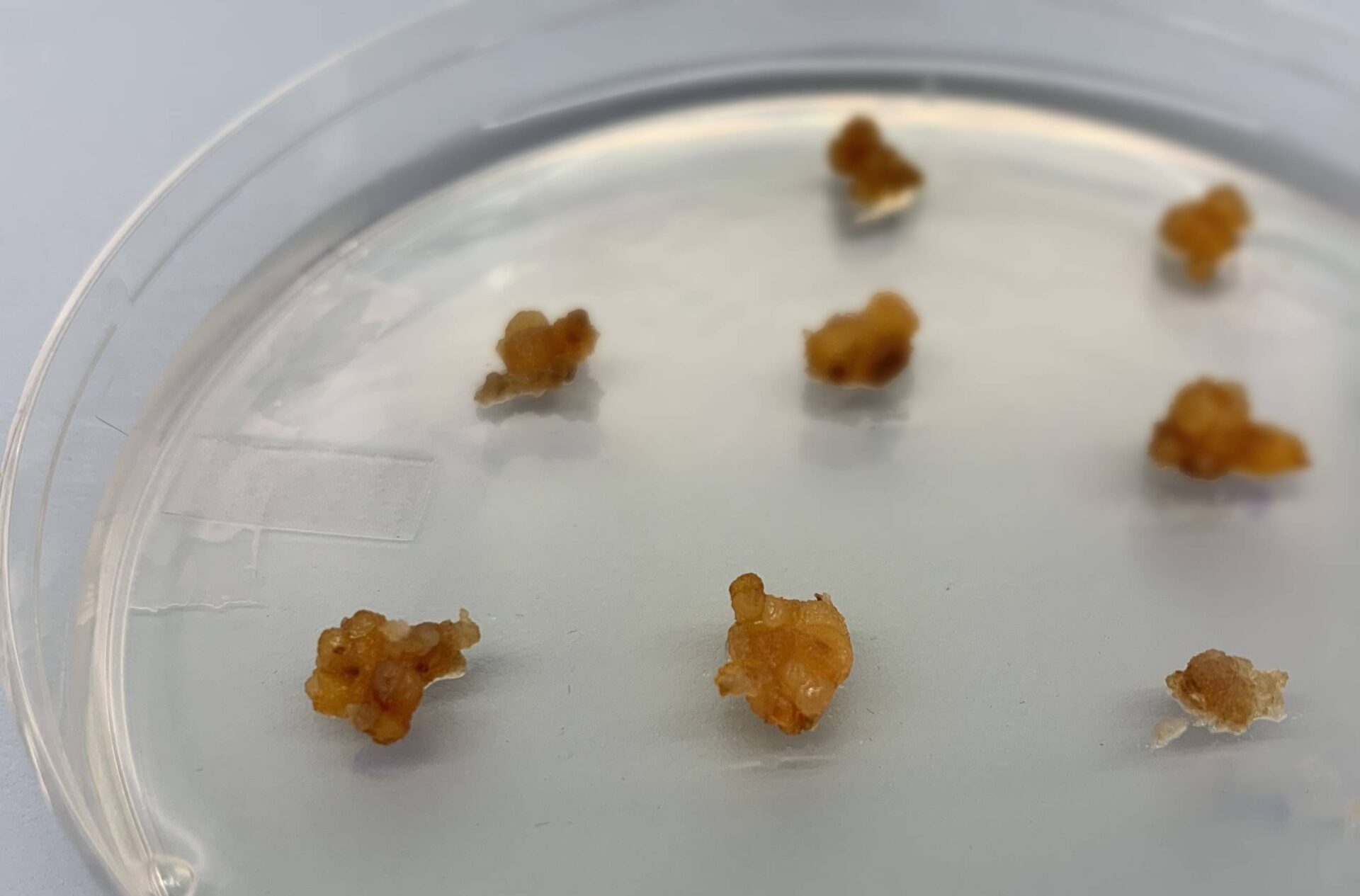Key Takeaways
- Krokos Bio is pioneering plant cell culture for saffron production, addressing supply chain issues linked to climate change and geopolitical factors.
- By utilizing bioreactors, the company aims to create a high-quality, food-grade saffron powder with a focus on health benefits.
- Investors are increasing interest in this technology, with potential for commercially viable production at a pilot scale.
Innovative Solutions in Bioactive Production
Krokos Bio, a California-based startup founded by Jacob Lang, is focusing on plant cell culture to produce saffron, a high-value spice facing supply risks due to environmental instability and price fluctuations. The company recently secured funding from Big Idea Ventures to explore scalable production methods in bioreactors, challenging the conventional agricultural supply model.
Lang, with experience in bioprocess development, believes that plant cell culture can complement traditional farming by providing a stable supply of desirable botanicals. The approach is particularly relevant given the climate-related threats faced by saffron production in regions like Iran, which currently accounts for most of the global market.
Krokos Bio aims to create saffron using a specialized bioprocess that enhances yield and reduces research and development timelines. By transforming plant cells into an undifferentiated state, the team can cultivate them rapidly in liquid suspension, eventually re-differentiating them into stigma cells required for saffron. This innovative workflow is expected to improve productivity, a common challenge in plant cell culture.
The potential market for high-quality saffron remains lucrative, with even low-grade varieties fetching prices around $1,000 per kilogram. Lang is optimistic about the technology’s viability, citing growing interest from investors and the likelihood of achieving economically favorable unit economics even at small pilot scales.
Krokos is experimenting with different bioreactor designs and materials, including repurposed brewing equipment, to find cost-effective solutions. While the field lacks numerous co-manufacturers with expertise in plant cell culture, the number is increasing across the US, Europe, and South America. Collaboration with established ingredient companies is also crucial in navigating production complexities and reaching target markets.
Investors are becoming more familiar with the technology’s advantages. Well-known firms like Mondelēz and Lindt have shown interest as investors or through incubators, suggesting a promising future for this emerging industry. Lang anticipates that the economic feasibility of producing saffron via plant cell culture could be realized soon, provided the right partnerships and manufacturing strategies are put in place.
As Krokos Bio progresses, the focus remains on understanding market demands to drive product development, ensuring that initiatives align with commercial viability. The company’s goal is to produce a food-grade saffron powder that retains the prized compounds responsible for the spice’s culinary and health benefits, including crocin, picrocrocin, and safranal.
In conclusion, Krokos Bio is at the forefront of a transformative approach in botanical supply chains through innovative plant cell culture techniques. With increasing investor interest, the potential to create a stable supply of saffron serves as a significant step towards sustainability and resilience within the agricultural sector.
The content above is a summary. For more details, see the source article.















